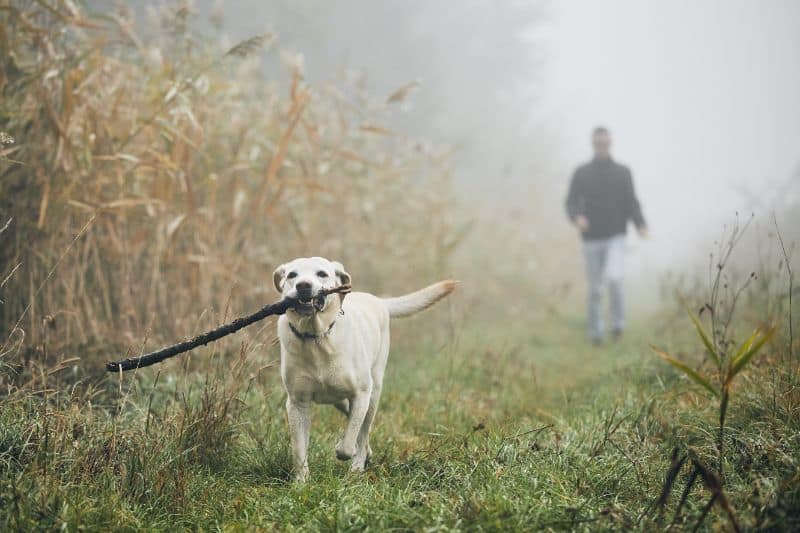Protecting Pets From Smoke During Wildfires

Here in California, the recent wildfires have been ravaging our lives in ways that we couldn’t imagine just a short time ago. Besides affecting our day to day activities, they are also affecting our health.
We know that you have thought about how wildfires are affecting you and your family, but the staff at Rocklin Ranch Veterinary Hospital wants to be sure that you are thinking about how your furry friends are impacted as well.
Protecting your pets from smoke during the wildfires is important, and it is something that you can be proactive about when little else is in your control.
Wildfire Air Quality and Pets
When wildfires are burning nearby, smoke is in the air. Smoke inhalation and decreased air quality can affect people and pets alike, irritating the lungs and airways and making breathing difficult. Other mucous membranes such as the eyes can also be affected.
If you have been monitoring air quality in California, you’ll notice that our air hasn’t been the best for us lately. When the air quality drops it’s important to take extra precautions to protect yourself and your family, four-legged and otherwise.
Smoke inhalation and airway irritation can result in several symptoms, some of which can indicate serious problems. Be sure to call us if you notice your pet is:
- Coughing
- Gagging
- Breathing quickly
- Experiencing wheezing or shortness of breath
- Has watery or red eyes
- Has nasal discharge
- Seems weak or lethargic
- Not eating or drinking normally
Protecting Pets From Smoke
It seems like decreased air quality is something that we are going to have to deal with for a bit here, and being conscious of it is a good start when it comes to protecting pets from smoke due to the wildfires.
Taking matters into your own hands as much as possible is a good way to keep your pets and your lungs a little happier.
Consider:
- Keeping the outside outside by keeping windows and doors closed
- Use high efficiency air filters to trap fine smoke particles
- Maintain clean indoor air by limiting vacuuming, candle burning, frying food, and smoking indoors
- Limiting outdoor activities to short potty breaks when air quality is poor
- Limiting high intensity activity to times when smoke and dust is lower
- Be prepared to evacuate if things take a turn
In particular, very young or old pets, those with underlying respiratory problems, and brachycephalic breeds are at highest risk for complications. Birds are also notably sensitive to smoke and other inhaled irritants.
Keep your pet busy indoors with interaction and games such as hide and seek, puzzle toys, a refresher on basic obedience, or a session to learn some new tricks.
Protecting your pets from smoke may seem like a full time job right now with wildfires raging, and the bottom line is to keep everyone safe and out of harm’s way. Don’t hesitate to reach out to us with any questions or concerns. We are here with you during these difficult times.

